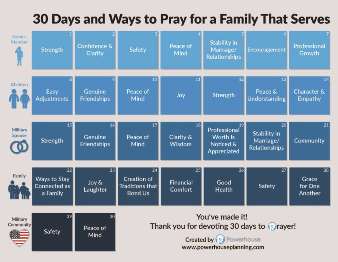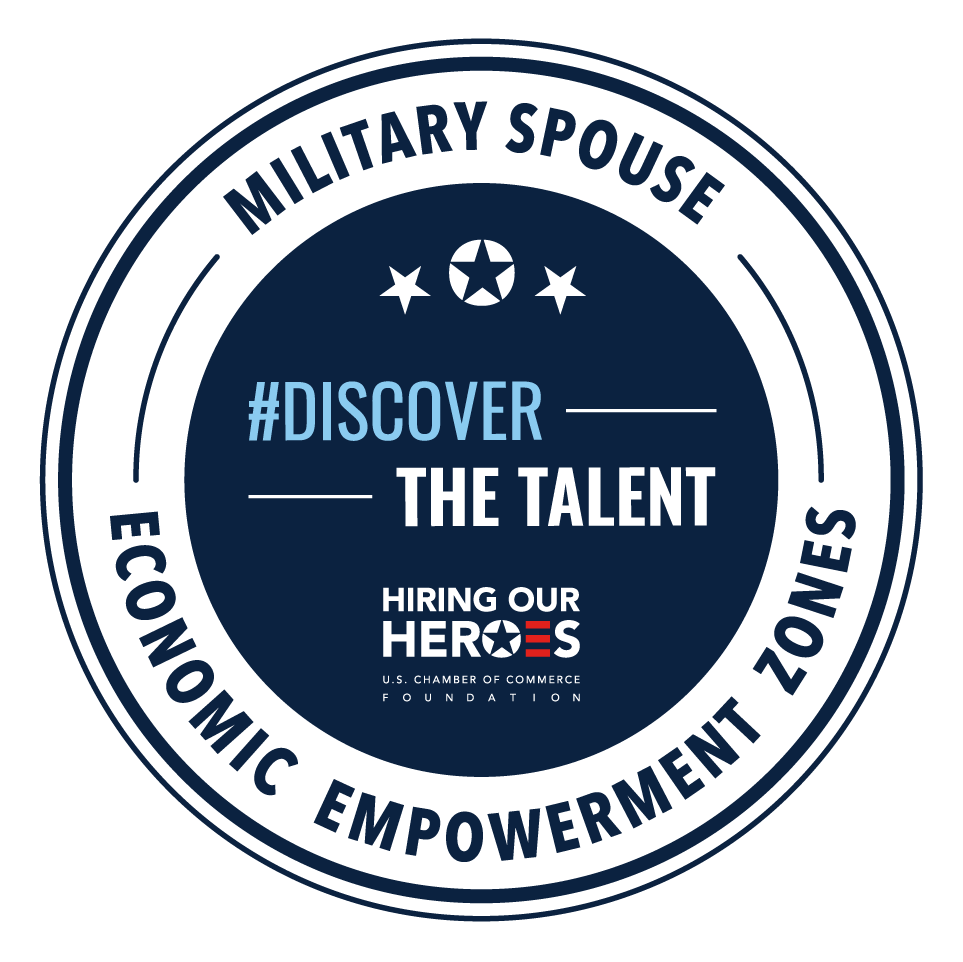New Powerhouse Team Member
 Heather Osborne is a teacher, social media/marketing manager, mother of three boys, and the wife of a retired Marine, and she is thrilled to join the Powerhouse team. As a young military spouse, Heather taught students with hearing impairments for eight years and also taught first grade overseas for three years. Over twelve years of military life and with three boys in the house, Heather changed careers and became a partner in a company with four other military spouses. Expanding her repertoire, she grew into the role of the social media/marketing manager for the company.
Heather Osborne is a teacher, social media/marketing manager, mother of three boys, and the wife of a retired Marine, and she is thrilled to join the Powerhouse team. As a young military spouse, Heather taught students with hearing impairments for eight years and also taught first grade overseas for three years. Over twelve years of military life and with three boys in the house, Heather changed careers and became a partner in a company with four other military spouses. Expanding her repertoire, she grew into the role of the social media/marketing manager for the company.
With a wide variety of experiences, Heather prides herself on being flexible and ready to enhance any client’s team. Heather’s skills include teaching, task analysis, organization, management, communication, and reliability.










